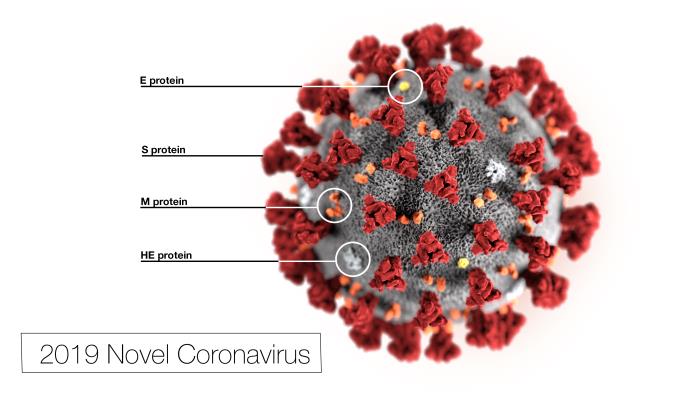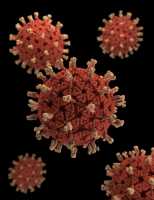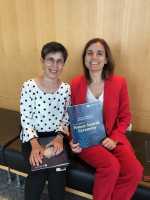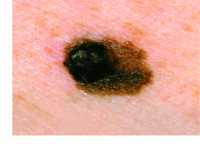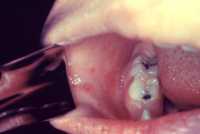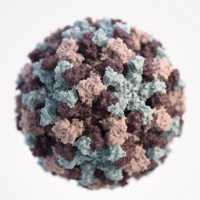Author Interviews, Cancer Research, Gender Differences, HPV, JAMA, Vaccine Studies / 27.04.2021
Men Less Likely to Complete HPV Vaccination Series
MedicalResearch.com Interview with:
Michelle M. Chen, MD/MHS
Clinical Lecturer
Department of Otolaryngology-Head and Neck Surgery
University of Michigan
MedicalResearch.com: What is the background for this study?
Response: HPV is the most common sexually transmitted infection in the United States and associated with several malignancies including oropharyngeal, cervical, vaginal, vulvar, penile, and anal cancers. In 2020, the FDA expanded the indications for HPV vaccination to include the prevention of oropharyngeal cancer, which is the most common HPV-associated malignancy and about 80% of oropharyngeal cancer patients are male.
HPV vaccination rates are closely tracked for adolescents but less is known about vaccination rates for young adults. The goal of our study was to understand HPV vaccinations for young adult men and women, ages 18-21. (more…)












